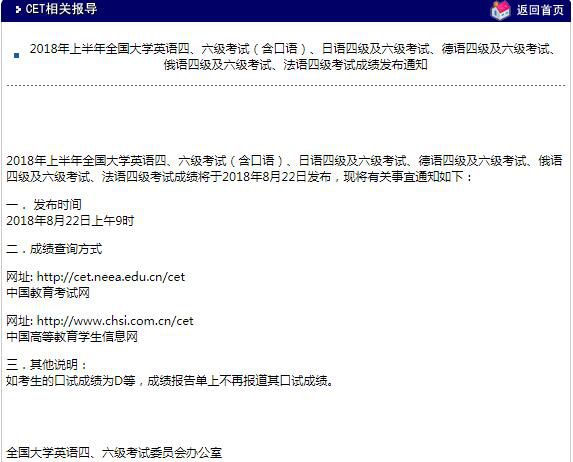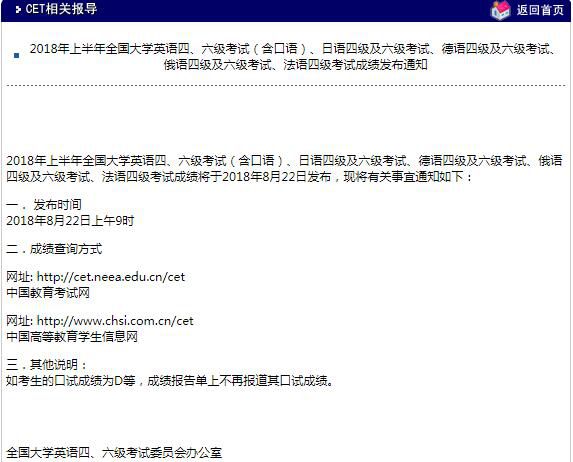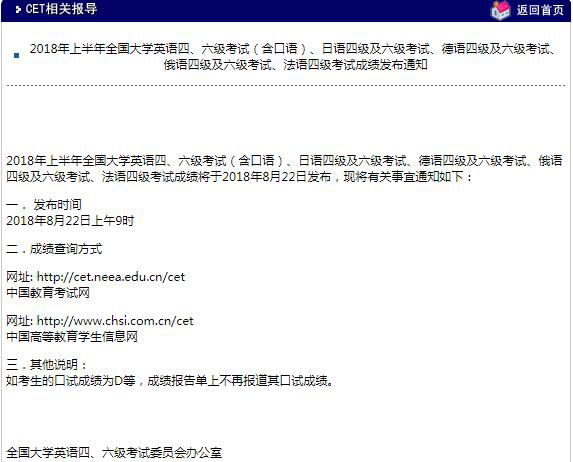金融英语阅读:金融世界第二十三讲
|
这一讲我们要跟您谈谈二十世纪末发生在亚洲的金融危机。 澳洲广播电台金融节目主持人巴里克拉克首先介绍了这场亚洲金融风暴是如何爆发的。他在谈话中使用了这样一些词汇: 1 overseas creditors 海外债权人2 international capital flows 国际资本流动3 short-term capital 短期资本4 herd behavior 群体恐慌行为 巴里克拉克说: The crisis became evident in July, 1997. Overseas creditors began withdrawing short-term capital from the region, placing intense pressure on the exchange rates for the currencies of Thailand, Indonesia, Malaysia, the Philippines and South Korea. These five countries had been heavily dependent on international capital flows. In 1996, there was an inflow of $US 93 billion. But a year later the flow was reversed. In 1997 there was an outflow of $12 billion. As capital was withdrawn from the region and the exchange rates of the five countries depreciated, or fell, panic set in amongst foreign creditors. The result was a deepening spiral. As capital was withdrawn, the exchange rate depreciated, leading to more capital outflows. Economists call these panics 'herd behaviour'; where the creditors in a market all rush, or stampede, for the exit, trying to get out first. Usually, their behaviour is not based on the real underlying economic conditions in the market (the fundamentals), but rather on the behaviour and expected behaviour of other creditors. 接下来我们把巴里克拉克的这段谈话及中文翻译分段听一遍:(英文略) 这场危机在一九九七年七月变得显而易见。海外债权人开始从这一地区撤出短期资本,使泰国、印尼、马来西亚、菲律宾和韩国这五国货币的兑换率受到极大压力。 这五国都严重依赖国际资本的注入。一九九六年,流入这些国家的资本是九百三十亿美元,但一年之后资本的流向逆转。一九九七年时有一百二十亿美元的资本流出。 随着资本撤出这一地区以及五国的货币汇率下调或跌落,外国债权人开始感到恐慌。 其结果是恶性循环。随着资本的撤出,汇率下跌,导致更多的资本流出。 经济学家称这种恐慌是群体恐慌行为,就是市场上的债权人全都蜂拥或惊慌地要抢先退出市场。 通常他们不是根据市场的基本经济条件(根本准则)来采取行动,而是根据其他债权人的行为或是预计的行为来采取行。 接下来我们把巴里克拉克的这段谈话原文再完整听一遍。(略) 二十世纪末亚洲的这场金融风暴爆发之迅速,破坏之严重,令经济学家目瞪口呆。澳洲广播电台金融节目主持人巴里克拉克接下来分析了这场金融风暴的部分起因: If financial panics are not new, the Asian crisis came as a complete surprise to virtually all commentators. After all, the five Asian countries had shown remarkable growth in output, employment, productivity and exports over the past 20 years. Warning signs became apparent from 1996, as these countries faced increased competition from China and Mexico in markets for manufacturing exports. Growth rates began to slow. But the real problem lay in their reliance on short-term capital flows from overseas. This capital can be moved quite quickly in and out of an economy. Economists call such flows 'indirect foreign investment' to distinguish them from longer term or 'direct foreign investment'.
These policy errors contributed to produce a fragile financial system - one which was vulnerable to a rapid reversal of capital flows. Nevertheless, the magnitude of the 1997 panic cannot be explained by the extent of the policy errors. Foreign creditors had a superficial understanding of the long-term prospects of the region, which meant that their behaviour was subject to wild swings. |








